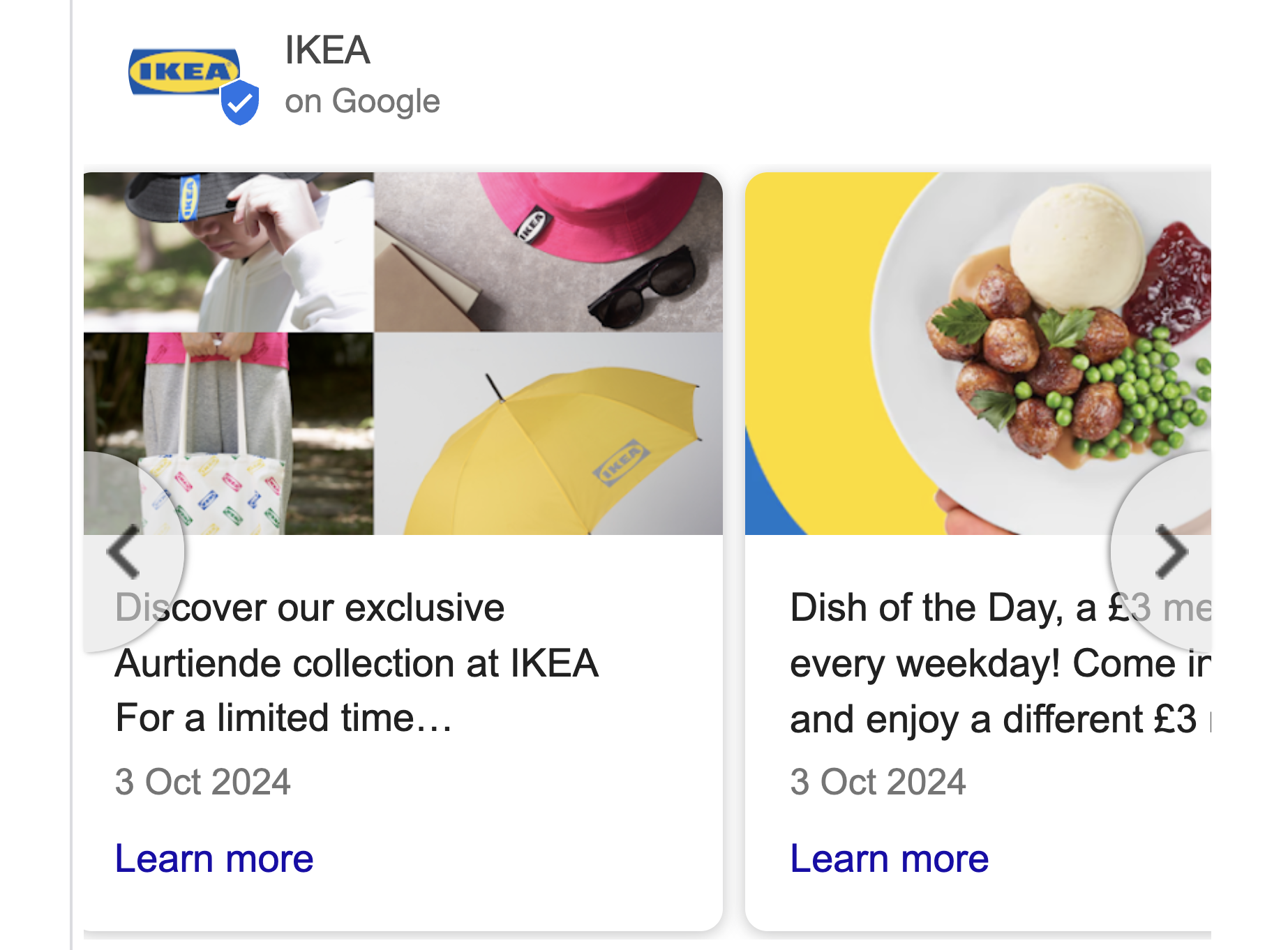Small businesses serving local customers have a lot to gain from regularly posting about their business. Blogging not only reassures and informs potential customers that the company is active, but also additionally boosts the search engine ranking potential of your website, opening up new lead generation channels.
Unlike Twitter, Facebook or other social media outlets previously discussed – blogging is the only online asset that you fully own and can control. A blog allows you to build a company voice adding an increasingly important human touch to your brand and engaging with customers on a deeper level – expanding on ideas you may have touched on, within a tweet or Facebook status post.
Publishing new content to your website is also relatively easy, cheap and a key tool in attracting attention from search engines. Fresh content on your website is a chance to plug keywords that increase your visibility on search engine results pages. It’s also an effective way to target new customers – sharing industry news and expertise in a bid to connect with new potential leads. Need any more persuading? Follow Alloy’s tips and techniques to ensure the success of your blog!
- The general rule is that the more pages of quality content you have on your website, the more natural searches you will receive. Integrating the blog on your website helps you control your websites rankings – google algorithms search for original fresh content. Strategically placed phrases (we can help you out with this) match google searches, but the main thing is that you are creating something new and original. You can then link your recent post through different social networks, and in creating something new and interesting more people will be keen to share your post.
- Demonstrate your expertise in the area. Passing customers can read up on a history of your work, testimonials, get to grips with your passion for the industry encouraging them to get in contact.
- If customers see a range of articles on like minded topics they will keep coming back to get the latest news in this field or to answer FAQs – form a strong important opinion in peoples minds that returns them to your website.
- Trigger social engagement and build community – blog about local news in your area, help businesses not totally associated with you.
- Alternative newsletter – more expensive to distribute this in print, and time consuming to deliver even by email. Having your latest news, videos, examples of your recent work online instantly pushes people to your website.
Technical tips:
- Topic & Aims: Choose a topic, keep your post concise and think about the keywords you might type into Google to find your blog post. Use this keyword in your title
- Title: Keep it simple, and preferably short. Simple titles with keywords attract the attention of search engines. A title that fits in 140 characters with a link makes for easy advertising (and automatic social sharing on platforms such as twitter) – too much information in a title can be confusing and is less likely to grab the attention of a passing customer
- Lede: Most business blogs open with a lede – an introductory paragraph which acts as a detailed preview for the entire post. Online readers scan content for individual words and if they can identify something of interest in the first couple of sentence, they are more likely to engage with the full post! It’s also helpful for the blogger – returning to the key points of the introduction whilst you write ensures the post is clear, concise and relevant.
- Formatting: Use bold, capitals, italics, subheadings, underlining and pictures to emphases points. Keep it visually engaging and to highlight important notes to the reader. These formatting tools break up large blocks of text and draw the passing browser in. Make sure you keep your paragraphs short and punchy too, especially if you are targeting younger demographics!
- Make sure you write with personality! Yes, keep SEO and your keyword targeting in mind but this blog is not always about selling – so make sure you keep it in the first person, conversational and think of topical and fun headings!
- Share it! Share a link to your post on all your social media properties to link back to your new content, this helps to boost the chances of your content going viral and helps Google Index your new page quickly
Successful blogs post frequently, so keep readers interested in order to drive traffic to your website! They also create opportunities for sharing – you can link to your blog through various platforms of social media to make the most of local exposure.
Does your small business need some help with producing content for your website? Maybe you need a new website with a blog, or you might just need some tips and SEO advice on making the most of your existing content publishing strategy to generate more leads from organic search results? Please do get in touch today for more information and advice.
Related posts on other websites:






